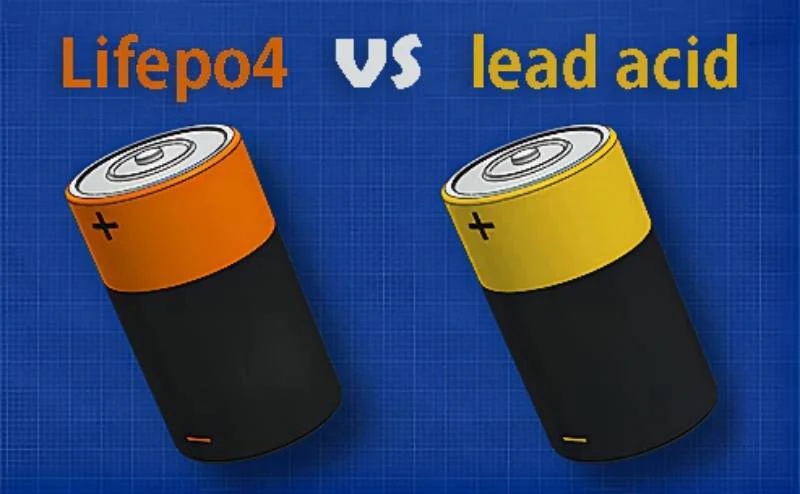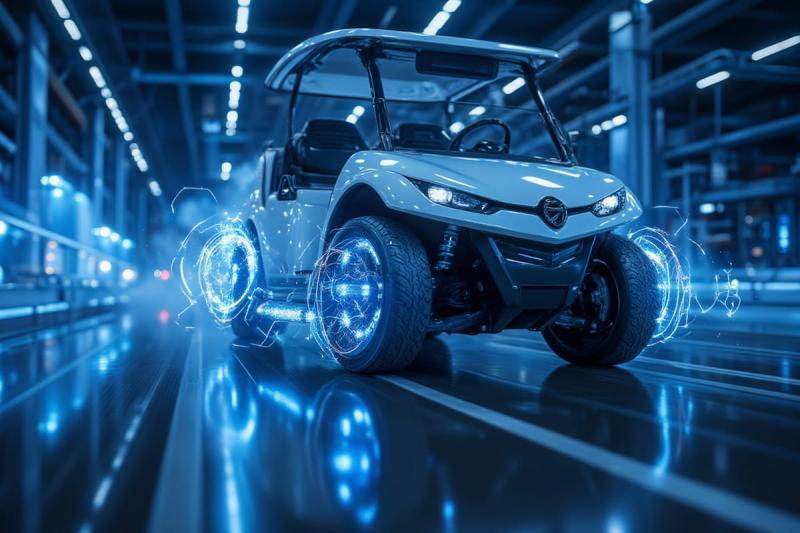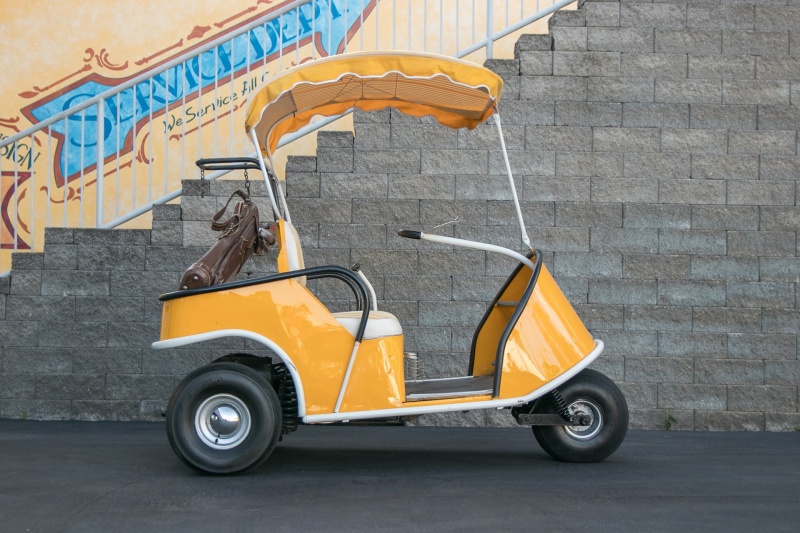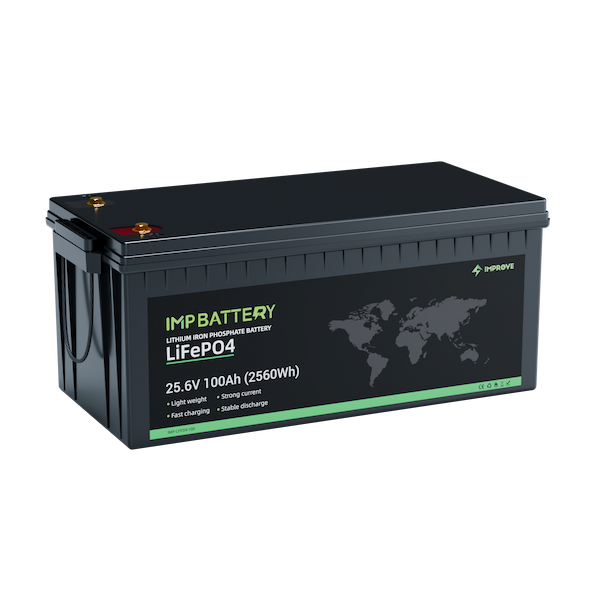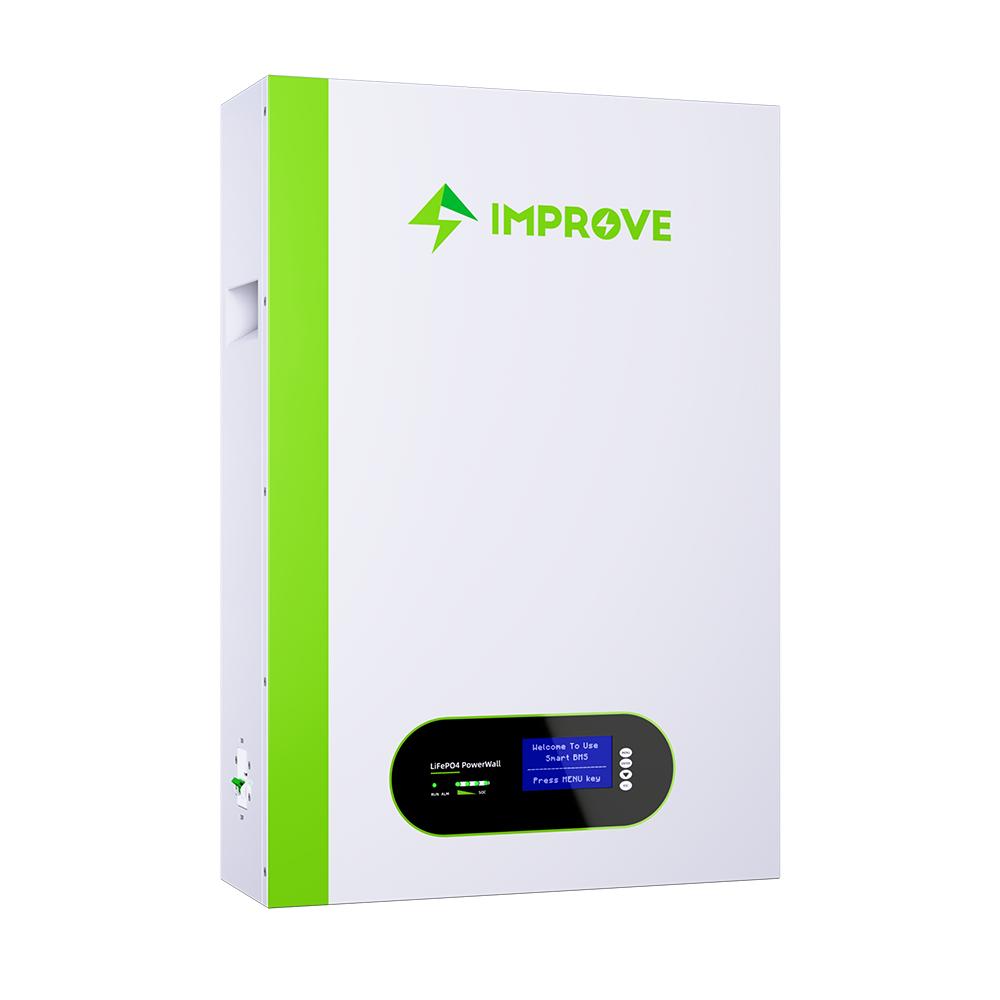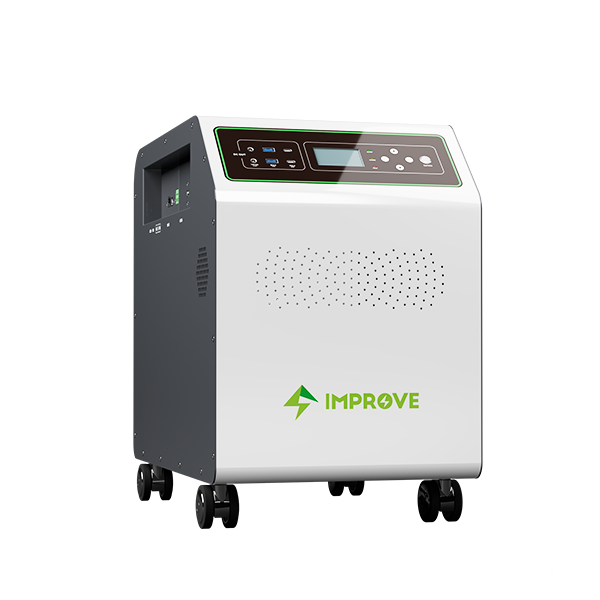You may already have a Solar Photovoltaic (PV) system and be thinking about adding solar battery storage and wondering if lead acid or lithium iron battery should be added. Our guide is designed to help you decide which energy storage solution is right for your installation.
Here are answers to your questions related to the lithium batteries for home storage.
To understand why lithium-ion batteries instead of lead-acid, you have to understand the difference in the context to technology.
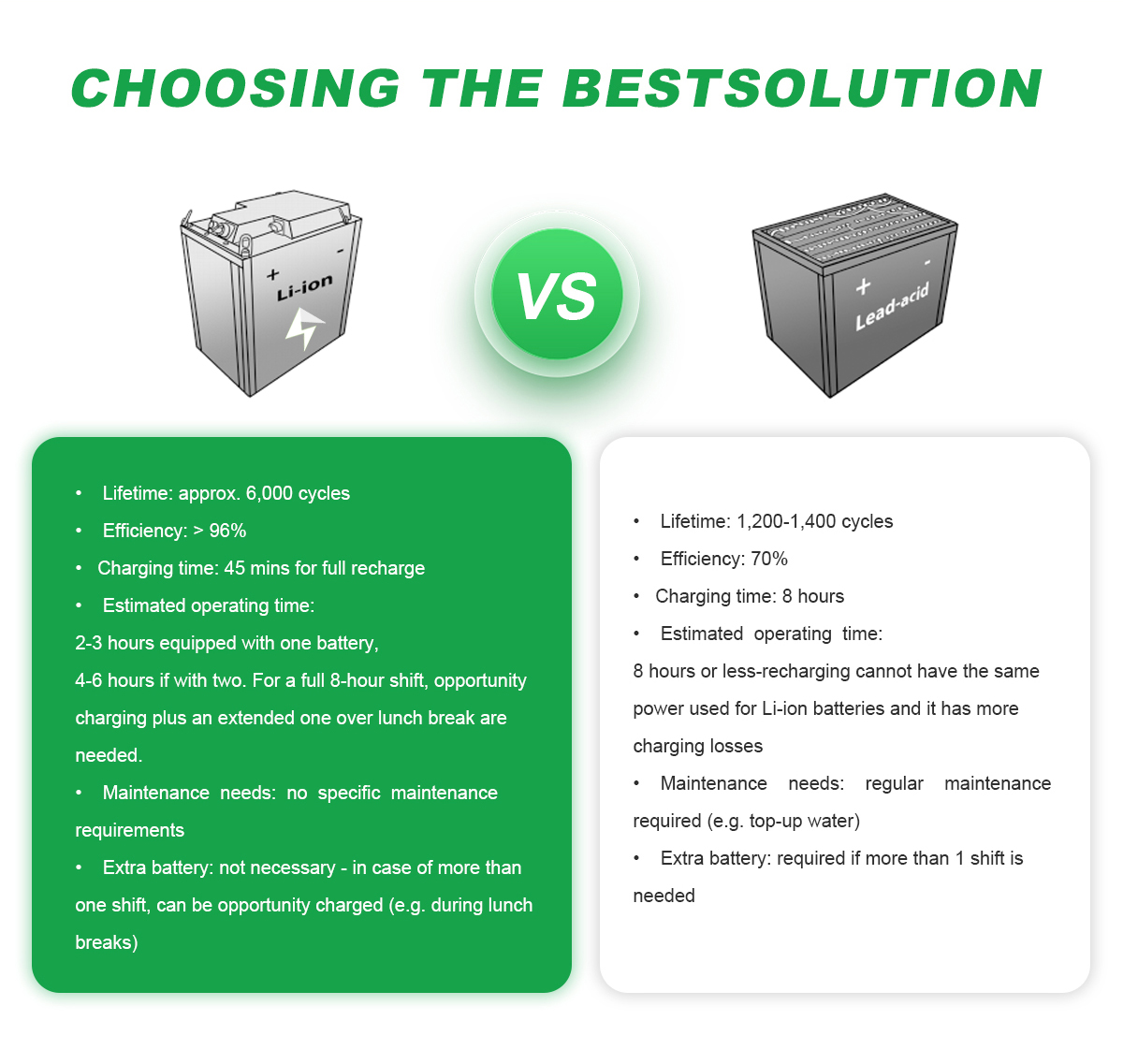
Capacity
The capacity of a battery is a measurement of how much energy it can store (and finally discharge). While capacity numbers differ between LiFePO4 battery cell models and manufacturers, lithium-ion batteries have been shown to offer a better energy density than lead-acid batteries. This means that a lithium-ion battery can store more energy in the same physical space. LiFePO4 technology allows you to store more energy allowing you to power more appliances for longer periods.
Depth of discharge
The depth of discharge of a battery refers to the proportion of the battery that can be safely discharged of energy without causing damage to the battery. While it is common to use 85% or more of a lithium-ion battery’s complete capacity in a single cycle, lead-acid batteries should not be discharged beyond 50% because this reduces the battery’s lifetime. Lithium-ion batteries offer a higher effective capacity than lead-acid batteries due to the improved depth of discharge available with lithium-ion technology, especially when considering the higher energy density of lithium-ion technology discussed above.
Efficiency
Deep cycle battery efficiency is an important parameter to consider when evaluating various choices. The majority of lithium-ion batteries are 96% or more efficient, which means that 95% or more of the energy stored in the LiFePO4 battery can be used. Lead-acid batteries, on the other hand, have an efficiency of around 70%. Higher efficiency batteries charge faster, and improved efficiency equals a larger effective battery capacity, similar to the depth of discharge.
Lifespan
Batteries deteriorate over time and become less effective as they get older. One “cycle” is defined as the process of discharging a battery to power your home or appliances and then recharging it with solar energy or the grid. The lifespan of Lithium batteries are better than the lead-acid batteries.
Which type of lithium cells will be used in my lithium battery home storage?
Now you have understood the difference between the Solar lithium battery and the lead-acid battery . The next thing which will come to your mind is the types of lithium batteries. I mean just like there are different types of lead-acid batteries, lithium batteries also have different categories and you must know which one you need.
In the market there are 2 types of lithium batteries available, one is NMC (Lithium Nickel Manganese Cobalt oxide) and the other is LFP(Lithium Iron Phosphate).
When we talk about home storage, the cell which is used is LFP.
What is LFP?
The Lithium Iron Phosphate (LiFePO4) battery provides the most charge/discharge cycles. As a result, this battery is mostly used in stationary energy storage systems like home power storage or grid-connected storage system.
Why LFP is used in the home-storage system?
- Very safe and secure technology (No Thermal Runaway)
- Very low toxicity for the environment (use of iron, graphite, and phosphate)
- Calendar life > 5 years
- Cycle life: 6000+
- Operational temperature range: up to 70°C
- Very low internal resistance.
- Constant power throughout the discharge range
- Ease of recycling
What are Smart Lithium Battery?
answers to your questions related to the lithium batteries for home storage
Till now you have analyzed why you should go with a lithium battery and then understood which type of lithium battery you need to use and how much it will cost you.
It’s time to move towards the final question. Is your lithium battery a smart battery?
Like stackable lithium battery, Power-wall storage battery, rack-mounted battery, because it contains a printed circuit board that controls the lithium battery’s performance, is considered a smart battery. A normal sealed lead acid battery, on the other hand, does not have any board control to maximize its performance.
There are three fundamental levels of control in a smart lithium battery.
The simple balancing level is the initial level of control, which simply optimizes the voltages of the cells.
Protection Circuit Module (PCM) is the second level of control, and it protects the cells from high/low voltages and currents during charging and discharging.
Battery Management System is the third level of control (BMS). The BMS has all of the functions of the balance circuit and protective circuit module, plus additional functionality to maximize the battery’s performance across its entire life cycle (such as monitoring of the state of charge and state of health).
So this was all about the Lithium Battery for Home-Storage. We hope now you have a better clarity about a lithium battery based home solar storage. If you are looking to install a lithium battery storage for your home or your office then we have some options for you.
Click here to get to know about the home storage solution provided by IMPROVE BATTERY--China LiFePO4 battery factory.
You can also contact us for any query related to the lithium batteries.


